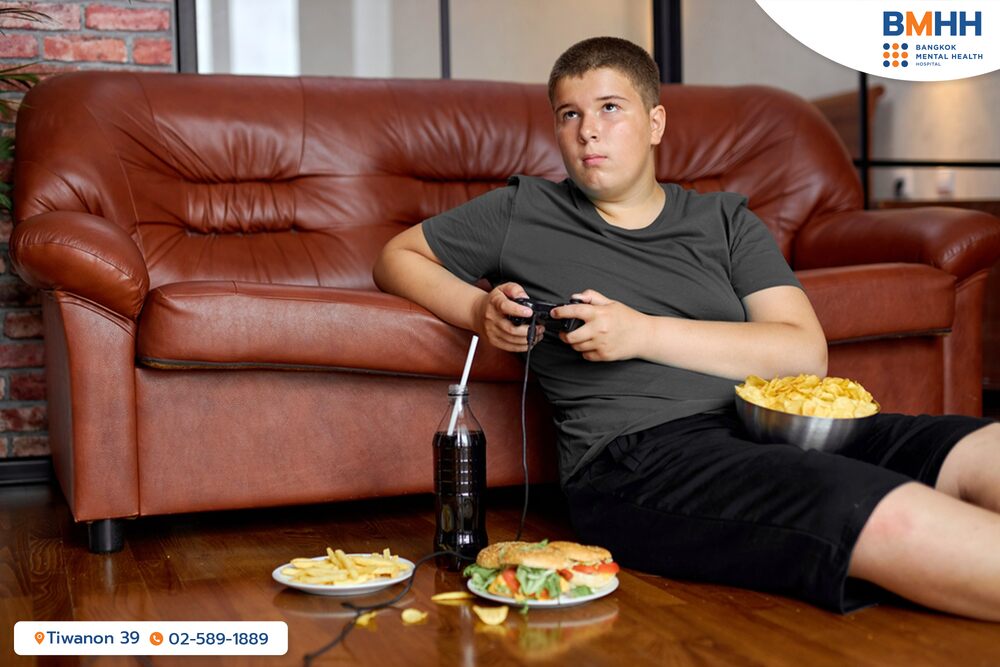
Most people have heard the term “addictive behavior” used to describe someone they know or have been acquainted with. However, it is not a diagnosable or treatable condition. The term addictive behavior is sometimes used to informally label a set of human characteristics, health conditions and a person’s environmental factors that can make someone more prone to developing an addiction.
Obsessive behavior can also sometimes be confused for addictive behavior. Both types of behavior exhibit impulsive acts that may be difficult for the individual to control. Some of the other common characteristics to watch for, include:
- Thrill-seeking and risk-taking
- Desire for immediate gratification
- Difficulty with self-regulation
- Impulsivity
- Neuroticism
- Difficulty accepting responsibility for their actions
- Early childhood trauma
- Family history of addiction
- Anxiety and nervousness
- OCD and attention deficit diagnosis
Categories of Addiction
Addictions fall into two general categories. An addicted person may misuse or overuse intoxicating substances like drugs or alcohol, or they may continually overindulge in behaviors regardless of the costs. Both types of addiction are mental health issues, and they can have serious negative consequences on the person’s ability to function productively in society. Some of these consequences include:
Financial Problems
An individual may find it challenging to keep a job or school studies as the addiction consumes all of their interest. A drug addiction can quickly lead to financial difficulty as the continual need to increase their dosage depletes their available funds. A gambling addiction may further deplete their finances as they keep gambling impulsively to try and recoup their losses.
Inability to Stop Their Behavior
A person with an addiction may not recognize their obsession as an addiction, particularly in the early stages. Even if they recognize the addiction and its dangers, they may try to rationalize or downplay the seriousness of it to continue pursuing the pleasures of the addiction.
Intense Cravings
The person may experience intense, all-consuming cravings and go to extreme lengths to satisfy the cravings. They may lie and steal when they run out of money. Their friends and loved ones are often just as victimized by the person’s addiction as the addicted individual.
Loss of Other Interests
The individual may lose all interest in people they love, work they enjoy, once interesting and promising studies, or favorite pastimes in their desire to pursue the addiction, thus endangering a stable lifestyle.
Secrecy and Lying
Often, as the addiction intensifies and the person is aware of others’ concerns, they may resort to pursuing their addiction in secret, lying and trying to cover up their behaviours and actions.
Preoccupation with Their Addiction
An addiction can become a person’s entire world. Other addicted people can become the only people they feel they can truly trust and rely on. They may develop an “us versus them” adversarial stance toward family members and friends who are trying to help them.
Neglecting Responsibilities
A person in the throes of addiction can neglect their responsibilities to the point that they risk losing friends and family members who have their best interests at heart. It can take many years to establish a solid and stable career and a fulfilling home life. But that can all be stripped away in as little as a few months by succumbing to an addiction.
Addictions are Mental Disorders

Addictions are mental disorders, and some people are more prone to addiction than others. Unfortunately, there continues to be a stigma involved with admitting to or seeking help with an addiction. It’s often up to friends and family members to stage an intervention that convinces an addicted individual to seek the help they need.
When they finally admit to their addiction and their need for help, guide them toward the right direction.
Contact Bangkok Mental Health Hospital
Bangkok Mental Health Hospital offers a range of solo and group mental health therapies that can help people overcome addictions and become productive members of society again. Cognitive behavioral therapy (CBT) can help people with addictions to identify and change their negative thought patterns, improve their behavior and clearly understand how their addiction affects their thoughts, actions and detrimental behavior. CBT can also help addicted people develop healthy coping mechanisms that enable them to overcome their cravings and build the resilience and resolve needed to lead a healthier life.
If you have a family member or close friend exhibiting any of the early signs of addictive behavior, please get in touch with Bangkok Mental Health Hospital before the behavior develops into an addiction.
Citations:
What Does It Mean To Have an ‘Addictive Personality’? – 3/6/2025 – What Is an Addictive Personality?
Related Articles

Histrionic Personality Disorder
Individuals with Histrionic personality disorder (HPD) often exhibit dramatic and highly emotional behaviors, as their self-worth is largely dependent on the approval and validation of others. Although the theatrical nature of HPD can sometimes appear charming, it often masks a distorted self-image and can lead to significant difficulties in personal relationships and daily life. It’s one of […]

Schizoid Personality Disorder
Schizoid personality disorder is a mental health condition characterized by a persistent pattern of detachment from social relationships and a limited range of emotional expression. Individuals with this disorder often appear distant, aloof, and may have little desire for close friendships or romantic connections. Unlike some other mental health conditions, a person with schizoid personality […]

Bulimia Nervosa
Bulimia nervosa is a serious eating disorder and it can become life-threatening if left untreated. People with bulimia often have a distorted view of their body and an intense fear of gaining weight. This can lead to a cycle of binge eating and compensatory behaviors, such as self-induced vomiting or excessive exercise, in an attempt to control […]
Talk to Doctor
Call Us
Line BMHH